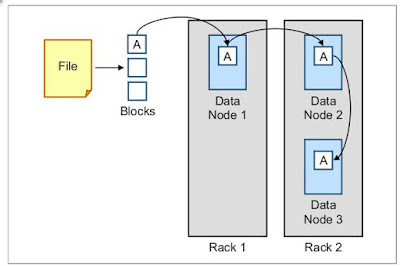Empowering AI: How Big Data Transforms Model Training
Introduction:
Section 1: Big Data and AI Model Training Intersection
- Big Data: Big data represents the vast quantities of structured and unstructured data generated daily by people, organizations, and machines. It originates from diverse sources, including social media, sensor networks, and transaction records.
- AI Model Training: AI models learn from data through supervised, unsupervised, or reinforcement learning approaches. The quality, diversity, and volume of training data significantly influence model performance, generalization, and adaptability.
- Synergy: The abundance of big data serves as the foundation for training sophisticated AI models, leading to improved accuracy, robustness, and applicability across various domains.
Section 2: Impact of Big Data on AI Model Training
- Enhanced Accuracy: Big data enables AI models to learn complex patterns and relationships, resulting in superior prediction and classification capabilities.
- Robust Generalization: Training on diverse datasets exposes AI models to a broader range of scenarios, enhancing their ability to generalize and perform well in unseen situations.
- Versatility and Adaptability: Leveraging big data allows AI models to adapt to evolving contexts and changing trends, ensuring their continued relevance and effectiveness.
- Feature Discovery: Big data facilitates the discovery of novel, previously unidentified features, enriching the understanding of underlying patterns and relationships.
Section 3: Overcoming Challenges and Ensuring Success
- Data Preprocessing and Cleaning: Handling big data requires efficient preprocessing and cleaning techniques to ensure high-quality, reliable training data.
- Computational Resources: Training AI models on big data often necessitates substantial computational resources, including powerful hardware, cloud computing, or distributed processing frameworks.
- Privacy and Ethics: Responsible use of data is paramount, especially when dealing with sensitive information. Adhering to privacy regulations and ethical guidelines ensures the sustainable development of AI technologies.
Conclusion: The convergence of big data and AI has revolutionized model training, empowering the development of more accurate, robust, and versatile AI models. By harnessing the power of big data, researchers and developers can create AI systems that tackle increasingly complex challenges across industries. As the volume and variety of data continue to expand, the potential for AI to transform our world will only grow.




Comments
Post a Comment